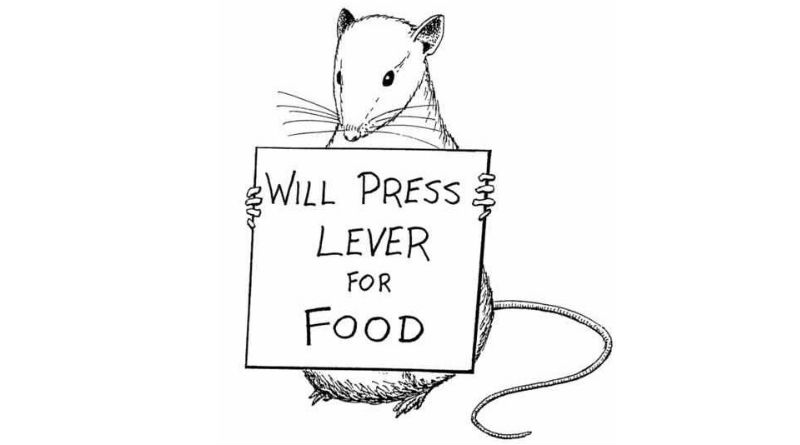Control
In 1951, American theologian Niebuhr quoted ‘God grant me the serenity to change the things that I can change, courage to accept the things that I cannot change, and wisdom to know the difference’. Timeless relevance. Humans often struggle with trying to fight a losing battle against what they can’t control or else they give up because they feel they have no control. This post aims to highlight the importance of control regarding mental health.

What We Can Control

So what can we control? According to cognitive behavioural therapy, we can’t control every single situation but we can manage how we think about the situation. This then interacts with how we behave. Take a job loss for example. We can control how well we work but under uncontrollable circumstances such as Covid-19, lay-offs can and will happen. However, we can manage how we think about the situation. For example, putting your anger towards this is probably wasted energy. Maybe you wanted to leave the job anyway and you now have the opportunity to pursue something else or up-skill. So no, we can’t control outside forces such as the weather, death or the economy, but we can control our thoughts, our behaviours and how we respond
In our workshops, we always highlight to children that they might not have control over their classmates but they do have control over who their friends are. Children are influenced by who they spend time with so it’s important that they surround themselves with people they like, a message just as relevant to adults.
The Dangers of Miseducation

When we tell ourselves that we have full control over everything, this increases our interpretation of responsibility. While this might initially seem positive, it can also have dangerous side effects. For example, when those factors we can’t control take over and we face the consequences, we have a tendency to believe that it’s completely our fault. This leads to self-blame and shame, which can be detrimental for mental health. Therefore, we should aim to accept the things that we cannot change.
Appearance vs. Reality

Additionally, lack of control leads to biological changes under the skin, demonstrated through rat studies. Shock a rat several times and give them a lever to stop the shocks and their stress hormone response is normal. Take the leaver away and there is a high likelihood of higher levels of glucocorticoids, poorer immune function and development of ulcers. Interestingly, this still applies even if the lever doesn’t actually do anything. And the same applies to humans, loud noises and useless buttons. This indicates that it’s not the control itself that is important. Instead, it’s the perception that people are in control. This might explain the idea that people who pursue their dreams blindly are more likely to achieve them. Even though they are not in control, they think they are and this misguided perception allows them to pursue goals and maintain good health. If you aim for the sun and fail, you still end up amongst the stars.
So in conclusion, control is an important concept, both regarding awareness of what we have control over, but also what we don’t. Miseducation can have dangerous knock on effects to both our mental and physical health. We can’t control everything, but we can control our education on the matter.
Yours Sincerely,
The Motus Movement.